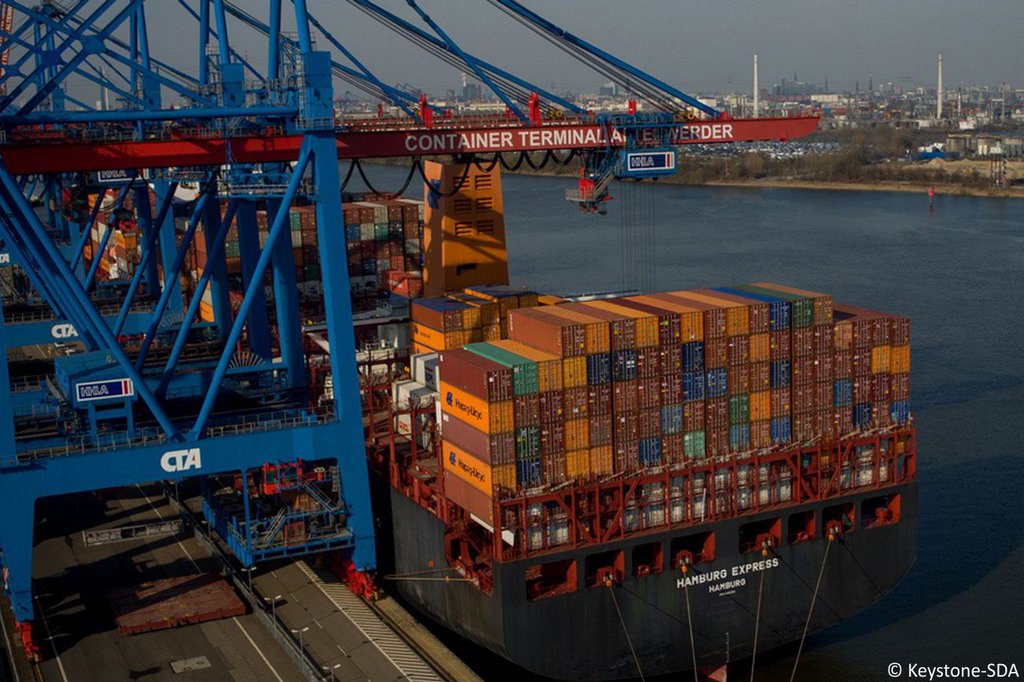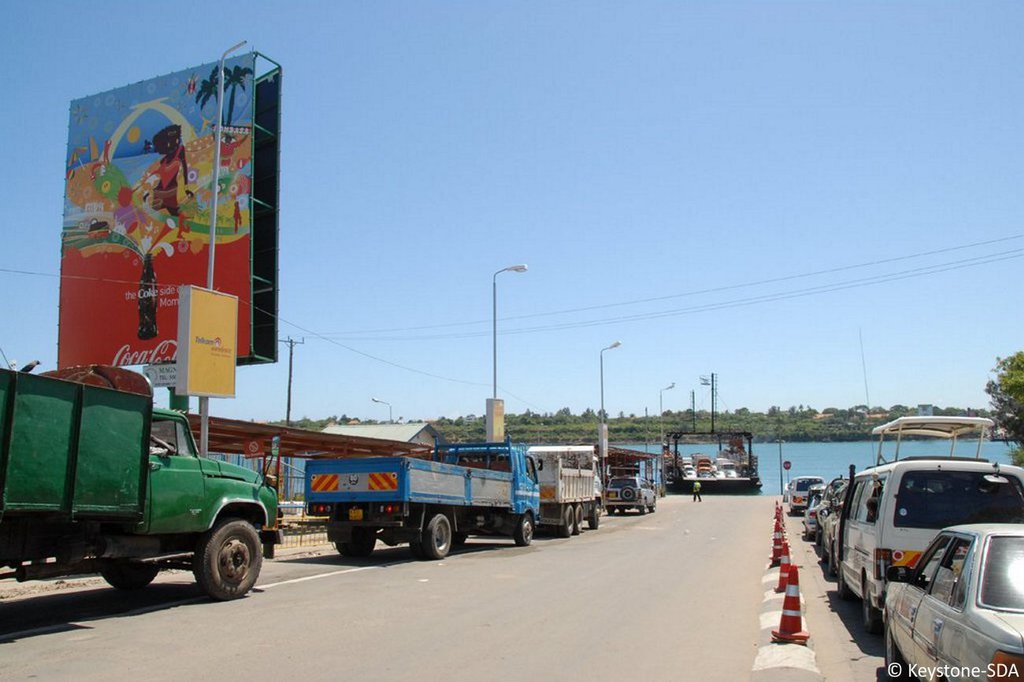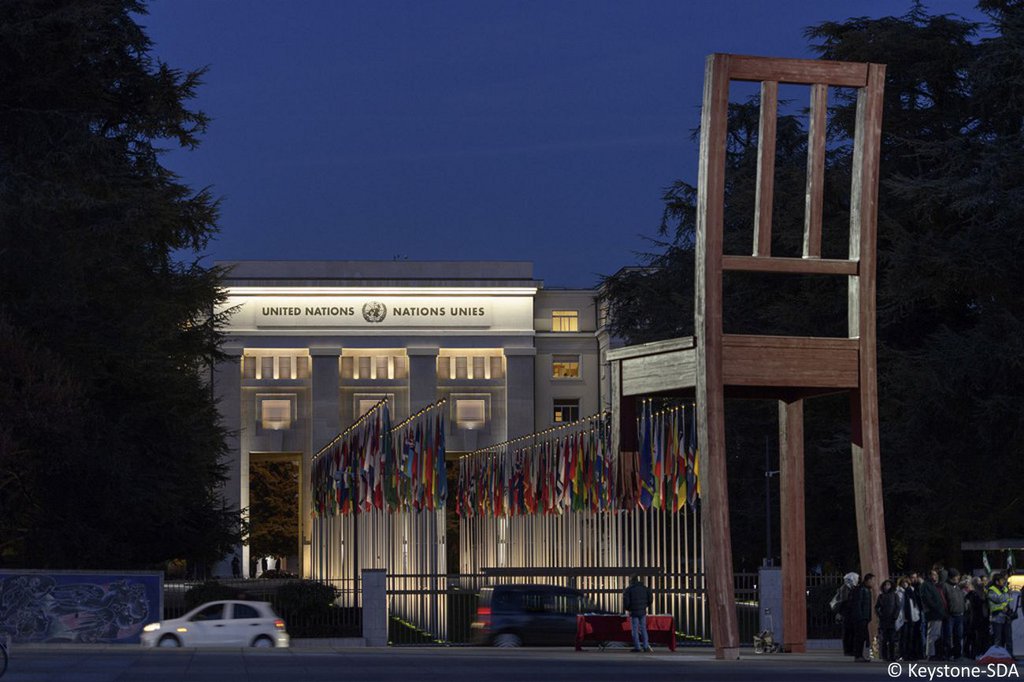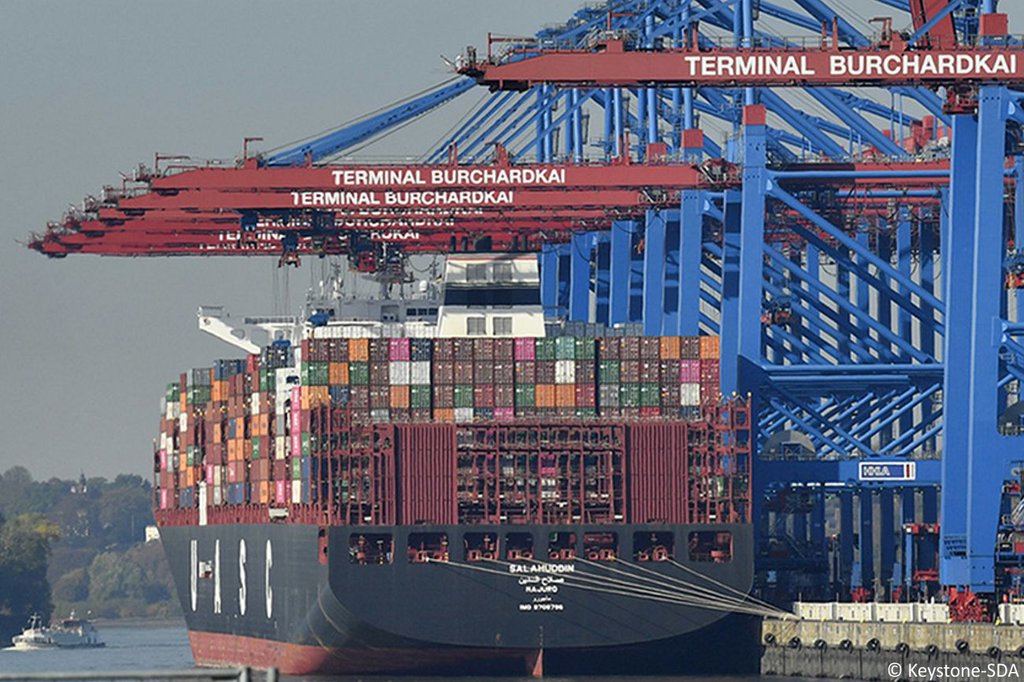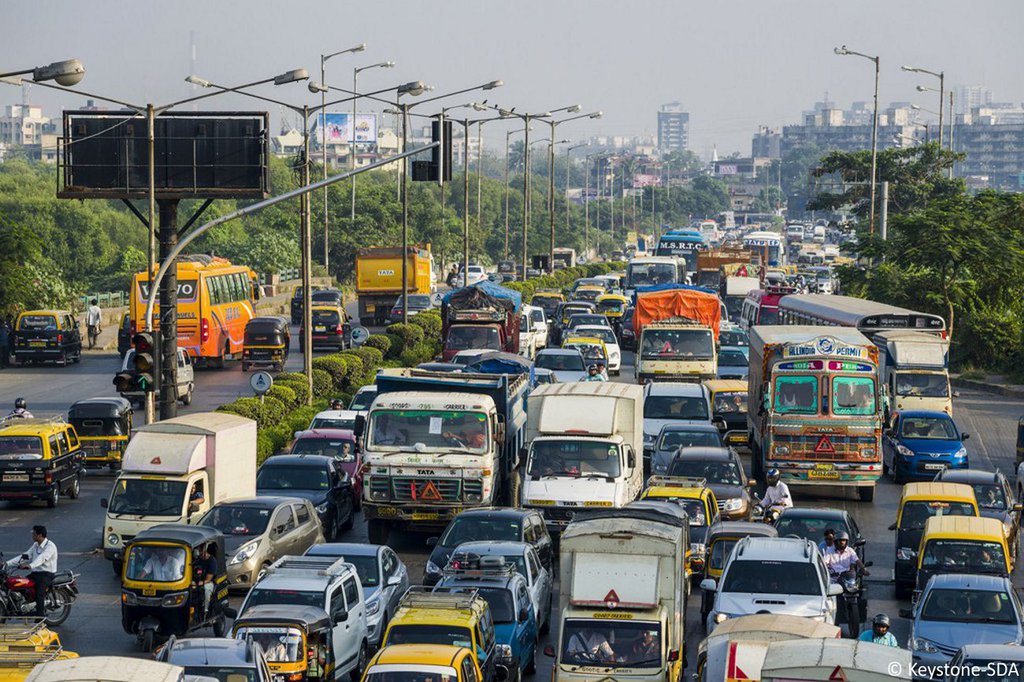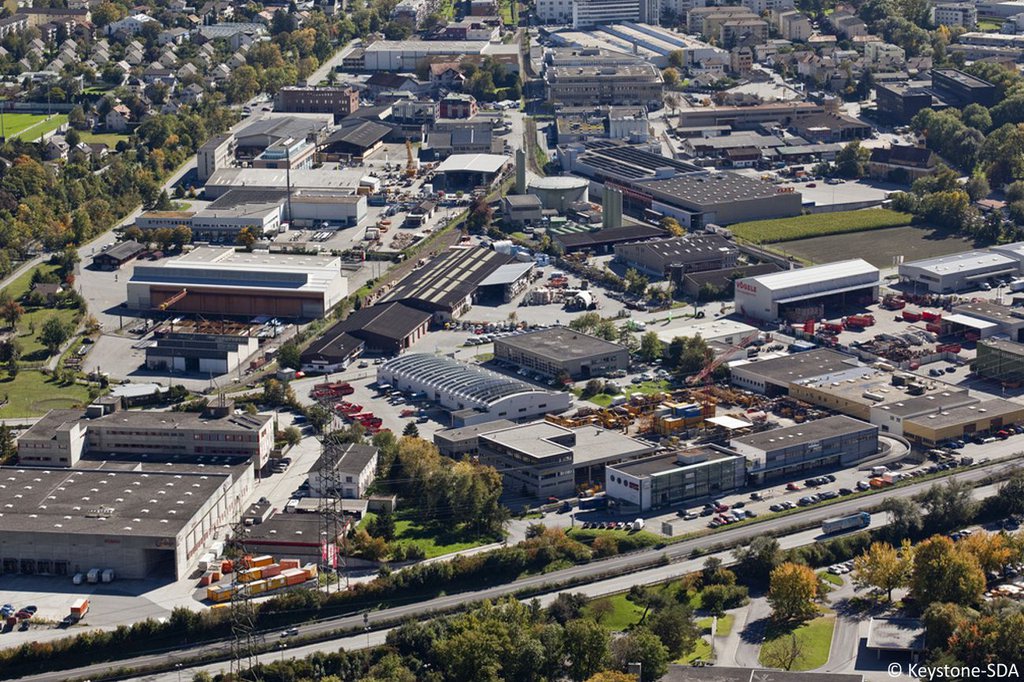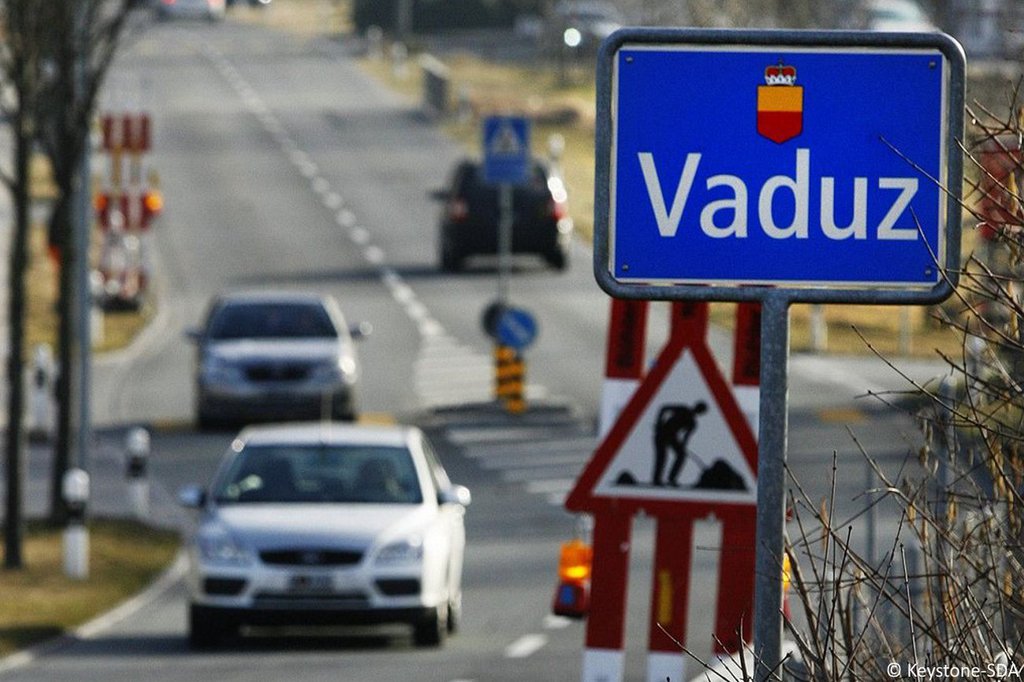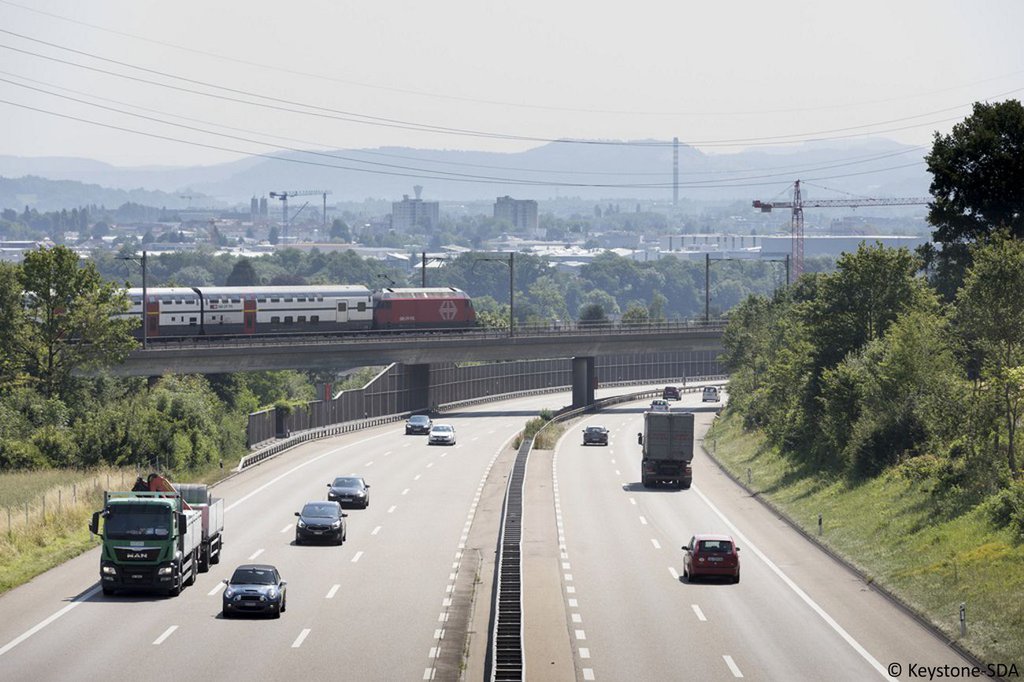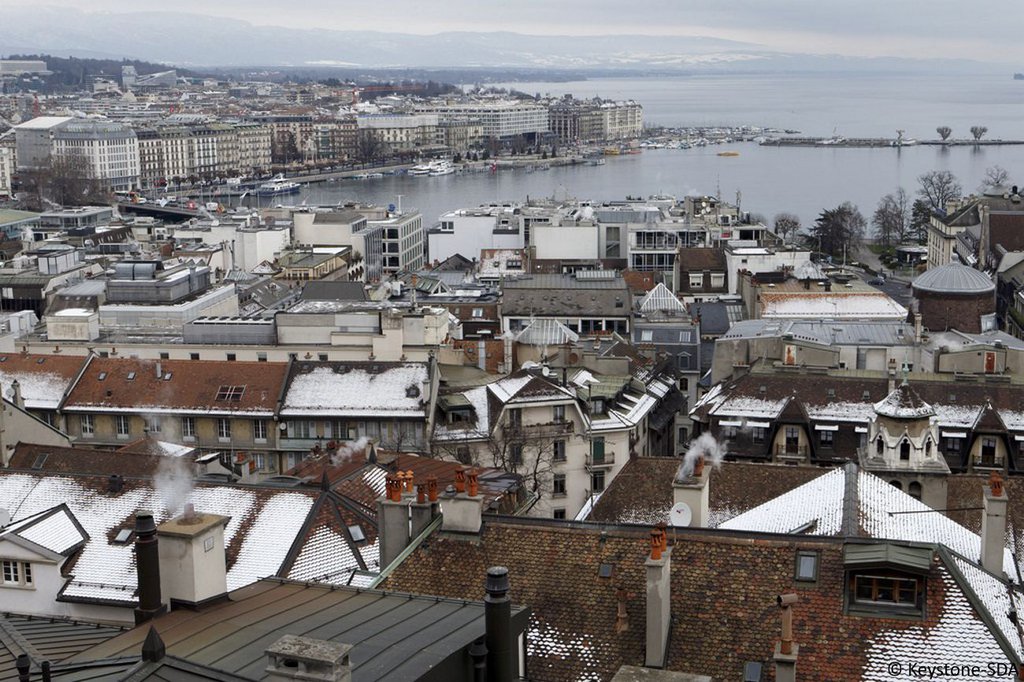Climate change is also impacting on development cooperation
News, Environment and Climate, Development | Feb. 27, 2019
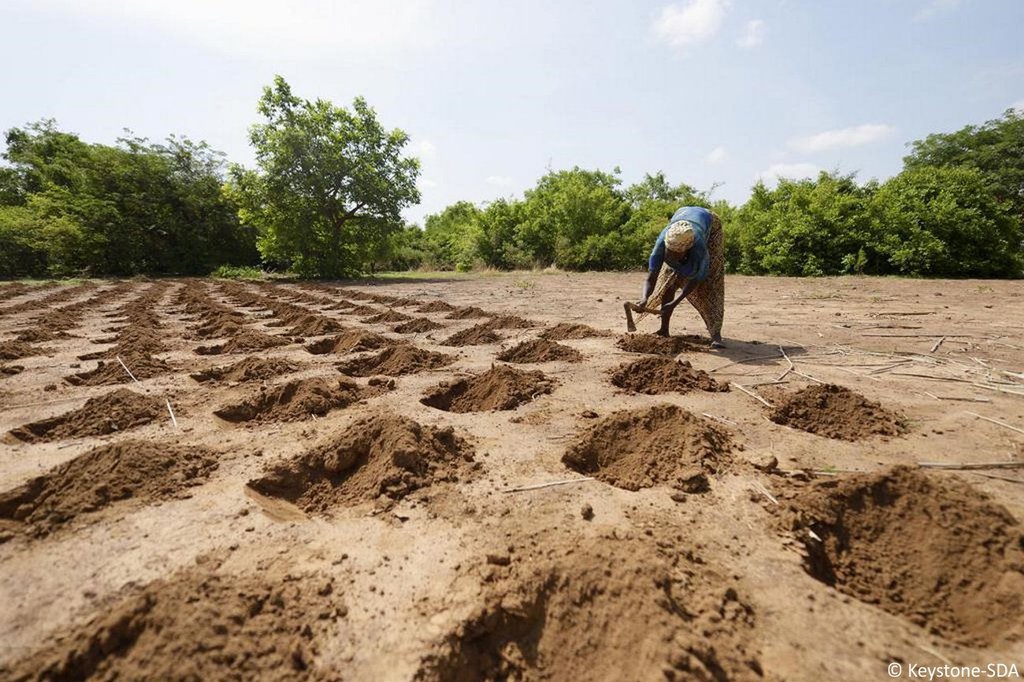
What climate-related risks will developing countries face in the future? What can they do themselves to strengthen their resilience and to reduce their own greenhouse gas emissions? As part of a long-standing partnership, INFRAS supports the Climate Change & Environment Network of the Swiss Agency for Development and Cooperation (SDC) with subject-related expertise and knowledge transfer.

